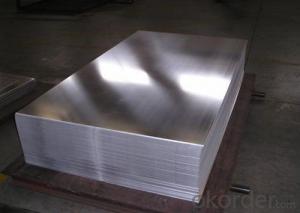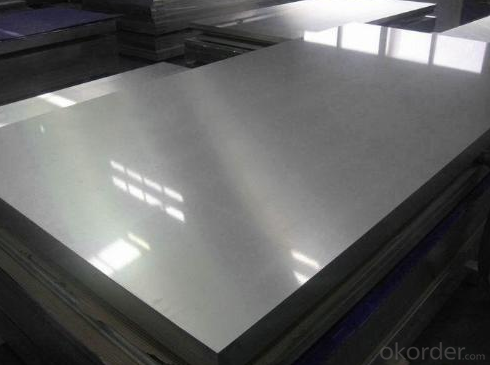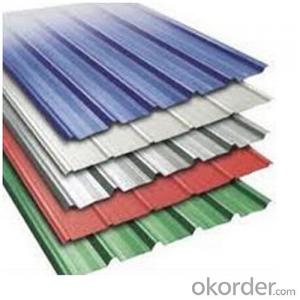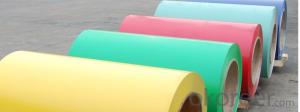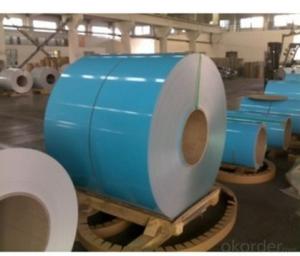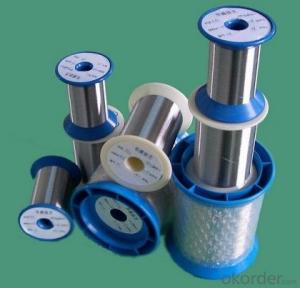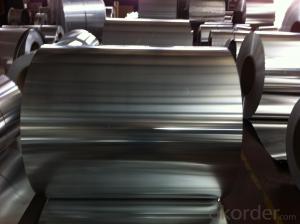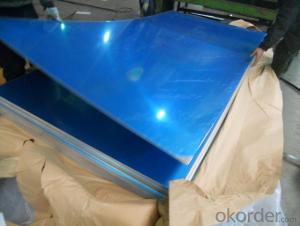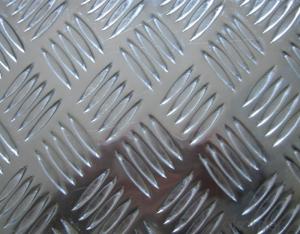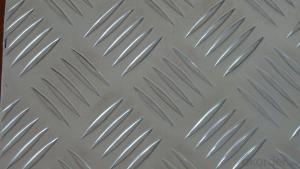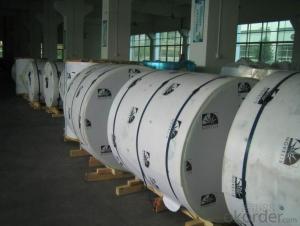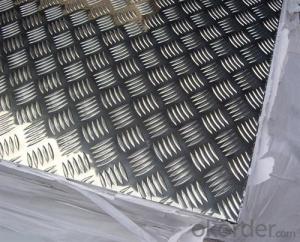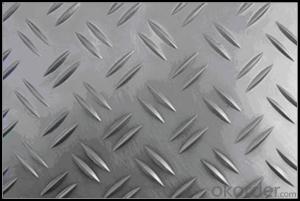1/8 Inch Thick 0.3-3.5mm Ribbed Aluminum Mirror Sheet for Trailer - Anti-Skip
- Loading Port:
- China main port
- Payment Terms:
- TT OR LC
- Min Order Qty:
- 5 m.t.
- Supply Capability:
- 500 m.t./month
OKorder Service Pledge
OKorder Financial Service
You Might Also Like
Specification
0.3-3.5mm ribbed aluminum mirror sheet for trailer/for anti-skip
ALLOY : AA1***(AA1050,AA1060,AA1070,AA1100etc)
AA3***(AA3003,AA3004,AA3005,AA3105etc)
AA5***(AA5052 etc)
TEMPER:H14,H18,H24,H26,H32
THICKNESS:0.2mm-20mm
WIDTH:10mm-1500mm
EMBOSSED PATTERNS : Diamond, stucoo,bars etc
STANDARD: GB/T3880-2006
Special specification is available on customer's requirement
Product Description
Goods name | Aluminum plate |
alloy | Yes |
Plance of origin | China |
Quality | Prime quality |
Certificate | ISO9001 |
Grade | 3000 Series |
Thickness | 0.3-150mm |
Type | Plate |
Width | 300-1950mm |
Model number | 3003,3004,3005,3014,3105 |
Surface | Mill finish |
Temper | O-H112 |
Ensure | we can supply customers' with different specifications of the highest quality and lowest price. Sincerely welcome to contact us for the future details if any item interest you ,and we will make every effort to assure that your requirements will be satisfied,and we hope to establish long-term business relations with you on the basis of the equality and mutual benefit. |
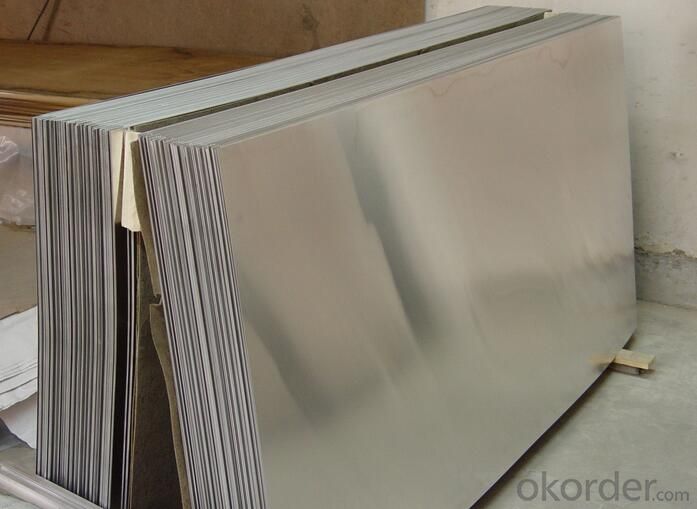
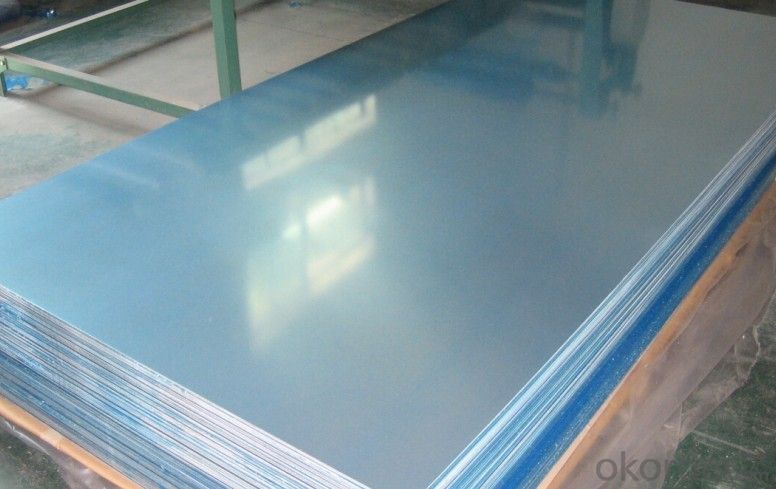
- Q: Can the aluminum sheets be used for heat dissipation purposes?
- Indeed, heat dissipation purposes can be served by employing aluminum sheets. The thermal conductivity of aluminum is widely recognized for its excellence, signifying that it adeptly conducts heat. Consequently, it emerges as an optimal substance for the dispersion of heat and its subsequent removal from a thermal origin. The utilization of aluminum sheets spans across multiple domains, encompassing heat sinks, cooling panels, and heat exchangers, all of which contribute to the effective dissipation of heat and the prevention of overheating. Moreover, the advantageous attributes of aluminum, such as its lightweight nature, resistance to corrosion, and ease of manipulation, render it a favored choice for heat dissipation within diverse industries, encompassing electronics, automotive, and aerospace.
- Q: how to produce aluminium sheet circle?
- As for the process, you can use punch.. as for professional machines, for example, stationary press in open type, mechanical press/ single-point press. The material you say is neither big nor small, blanking…(cutting them into sheet circle you want) you can add an uncoiling if it’s coil stock: open-type inclinable press, four-point press,ect. It’s not certainly accurate) punch, oil press, double , four-column hydraulic (oil) press,etc. it needs about 315T,(estimated value, closed type single, blank material cutting (cutting into square ) 2, it contains sheet metal forming technology, crank press: 1: straight side two : 1, but the components you said is simple, only two steps.
- Q: Can aluminum sheets be easily formed into different shapes?
- Aluminum sheets possess the capability to assume diverse forms with ease. Being an exceedingly flexible metal, aluminum can be effortlessly curved, stretched, and shaped without experiencing any cracks or fractures. This property renders aluminum a favored choice across numerous industries, ranging from automotive and aerospace to construction and manufacturing. Utilizing a variety of techniques such as bending, rolling, stamping, and deep drawing, aluminum sheets can be transformed into intricate and intricate designs. Moreover, owing to its lightweight nature, aluminum proves even more manageable during the formation process, requiring less force and energy. Consequently, aluminum sheets exhibit tremendous versatility and adaptability, rendering them exceptionally suitable for the creation of various shapes and structures.
- Q: I have tried every possible one and every time i put it on it makes the smell 10x worse. It doesn't help at all it only makes it worse. Has ANYONE found one that actualy works? I hear that aluminum causes problems like alzheimer's.
- use a peach smelling 1 it works 4 me! thankz 4 the best awnser!!!!!!!!!!!!!!!
- Q: avaliable in the uk preferably in a high street store and preferably anti-perperant aswell
- Are you allergic to aluminum or are you refusing to use it because it is not natural? Aluminum has solid research to back its antiperspirant ability. As long as the deodorant or antiperspirant is well-formulated, it is good. There is no best. You should make a search on Amazon UK with key word like natural or organic deodorant or antiperspirant because those terms usually filter out aluminum ones. But, whether or not it will be effective is a different story.
- Q: Aluminum does not react with oxygen.Aluminum is a very unreactive metal.Aluminum forms a tough protective coating with oxygen.Aluminum tarnishes instead of corroding.If you could explain why it would be helpful!
- Aluminum forms a tough protective coating with oxygen. The coating of aluminum oxide is not porous enough to let further oxygen through it, so the aluminum underneath is protected from further corrosion.
- Q: What are the distinctions between standard and custom-made aluminum sheets?
- <p>Standard aluminum sheets are mass-produced with fixed dimensions and specifications, making them readily available and cost-effective. They are suitable for common applications where specific dimensions are not a priority. Custom-made aluminum sheets, on the other hand, are tailored to meet specific requirements regarding size, thickness, and other properties. They offer flexibility for unique applications but may be more expensive and have longer lead times due to the specialized manufacturing process.</p>
- Q: How do you form curves or shapes in aluminum sheets?
- There are several methods to form curves or shapes in aluminum sheets. One common technique is called bending, where the sheet is clamped and then gradually bent using a mechanical press brake or a hammer. Another method is called roll forming, which involves passing the aluminum sheet through a series of rollers to achieve the desired shape. Additionally, aluminum sheets can be molded or pressed into curves or shapes using specialized tools or dies.
- Q: Are aluminum sheets suitable for mold making?
- Indeed, aluminum sheets prove to be a fitting option for mold making. Renowned for its lightweight nature, durability, and remarkable heat conductivity, aluminum emerges as a favored material for mold creation. These remarkable attributes render it suitable for molding processes, whether they involve low temperatures or high temperatures. Furthermore, aluminum lends itself well to machining and can be effortlessly shaped into intricate forms, enabling the production of elaborate molds. Its resistance to corrosion further guarantees the molds' durability. In essence, owing to their adaptability and dependability, aluminum sheets enjoy extensive employment in the realm of mold making.
- Q: How does the formability of aluminum sheet vary with different alloys?
- Variations in chemical composition and mechanical properties result in significant differences in the formability of aluminum sheet among different alloys. To enhance specific characteristics like strength, corrosion resistance, and formability, aluminum alloys are typically combined with elements such as copper, manganese, magnesium, and zinc. Aluminum alloys like the 1xxx series (pure aluminum) and the 3xxx series (manganese alloyed) are highly formable and commonly used for deep drawing applications. These alloys can be shaped into complex forms without cracking or tearing. In contrast, alloys with higher strength properties, such as the 2xxx series (copper alloyed) and the 7xxx series (zinc alloyed), generally have reduced formability. Although these alloys are often used in structural applications where strength is crucial, they require careful handling and processing to avoid defects during forming. Alloys in the 5xxx series (magnesium alloyed) offer a good balance of formability and strength. They are widely used in industries like automotive and aerospace, as they can be easily formed into different shapes while providing sufficient strength and corrosion resistance. It's important to note that the formability of aluminum sheet is not solely determined by the alloy composition. Other factors such as sheet thickness, forming temperature, and the specific forming process employed (e.g., deep drawing, bending, stretching) also influence formability. These factors interact with alloy properties to affect the formability characteristics of aluminum sheet. Therefore, careful selection of the appropriate alloy and process parameters is essential to achieve the desired formability for specific applications.
Send your message to us
1/8 Inch Thick 0.3-3.5mm Ribbed Aluminum Mirror Sheet for Trailer - Anti-Skip
- Loading Port:
- China main port
- Payment Terms:
- TT OR LC
- Min Order Qty:
- 5 m.t.
- Supply Capability:
- 500 m.t./month
OKorder Service Pledge
OKorder Financial Service
Similar products
Hot products
Hot Searches
Related keywords
